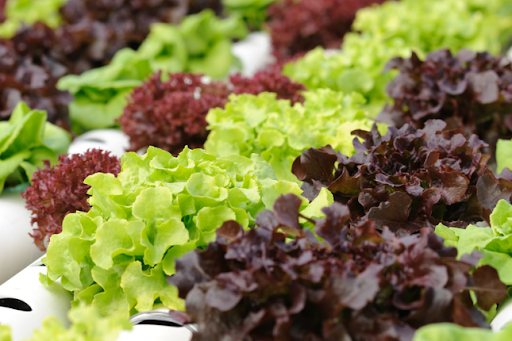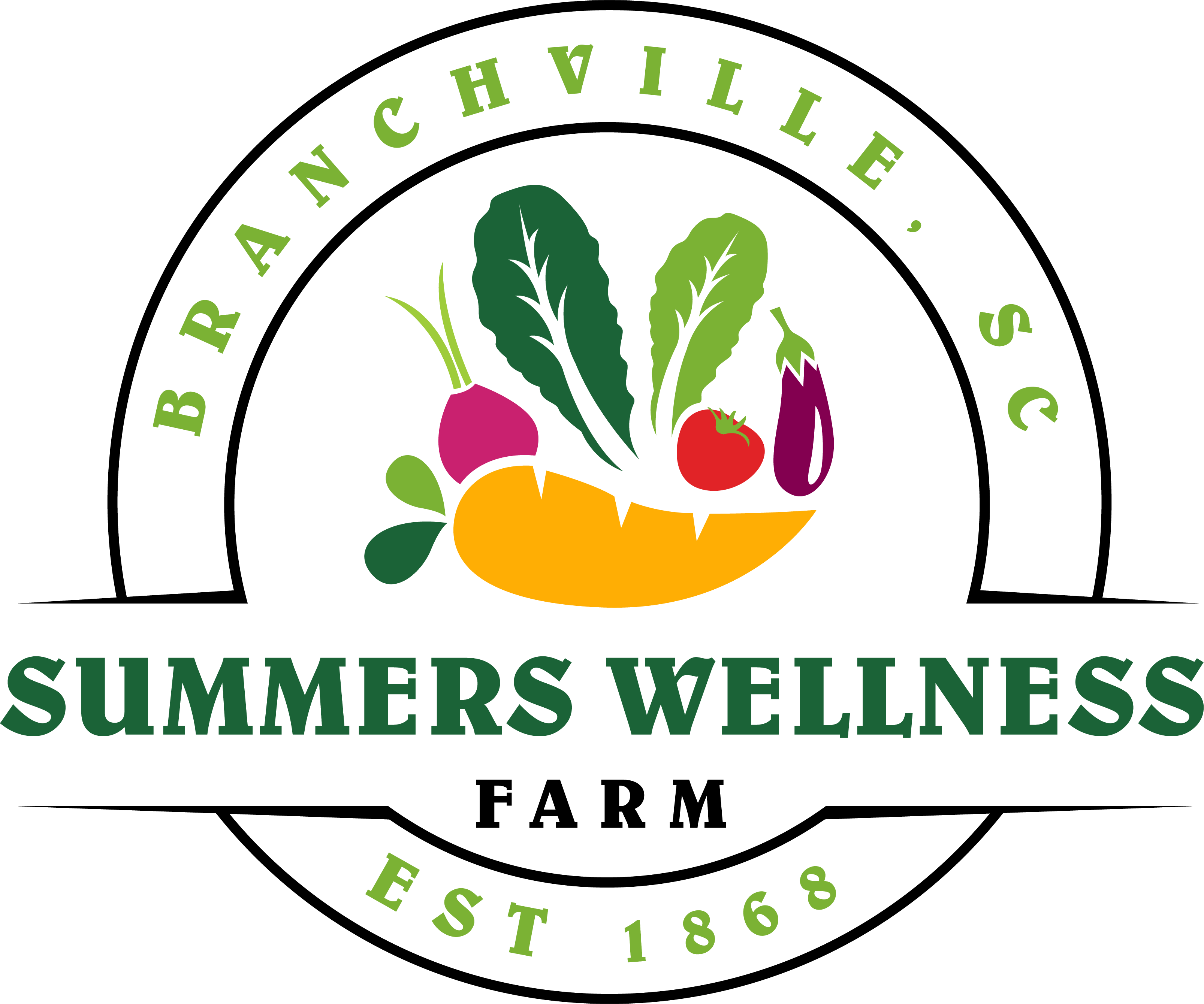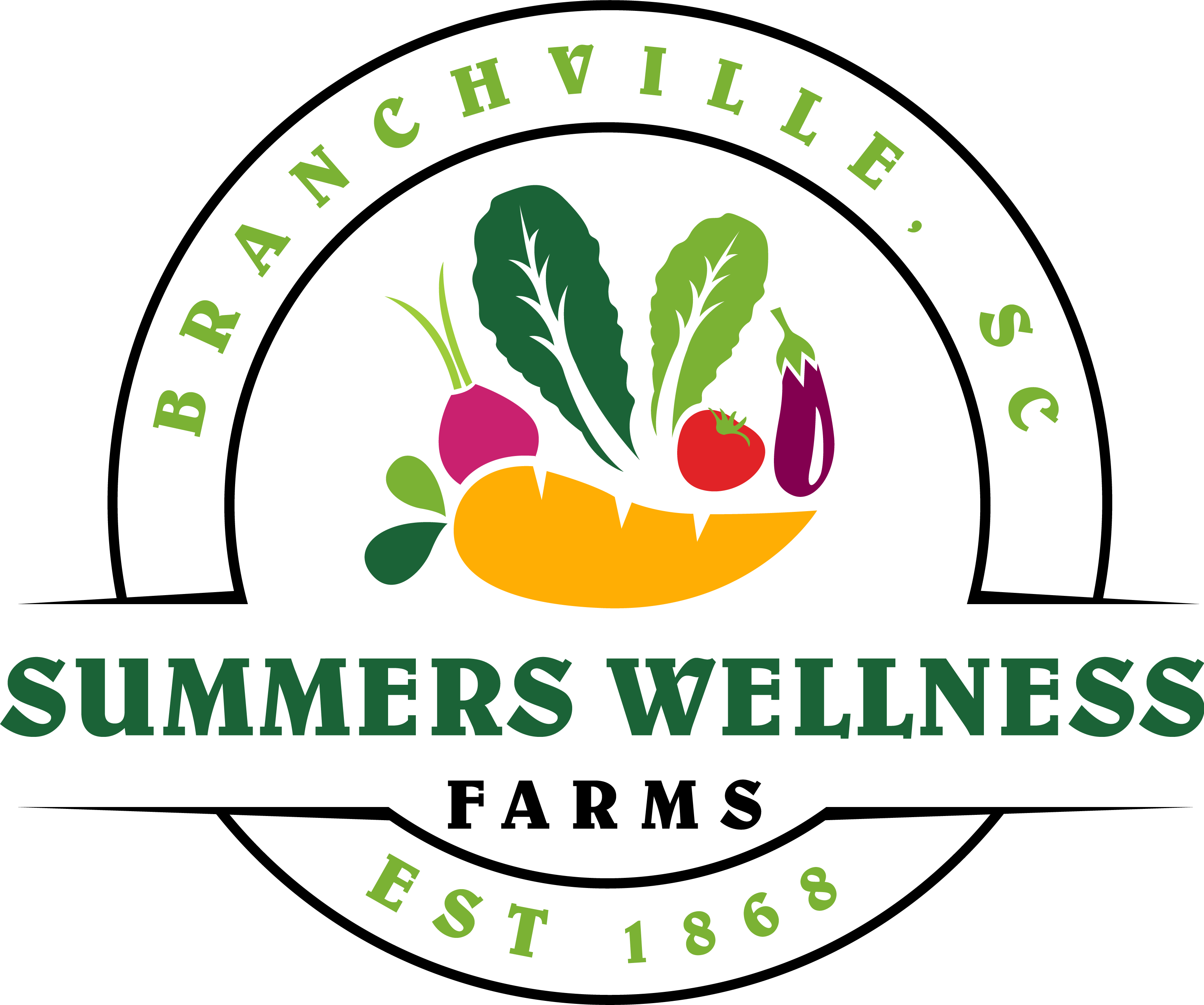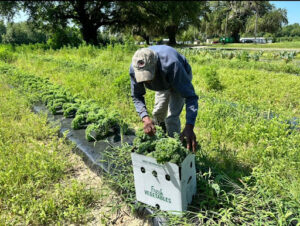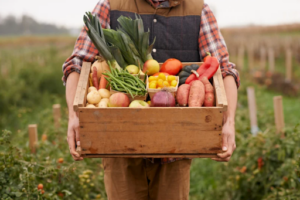Home » Are Hydroponically Grown Vegetables Organic?
Are Hydroponically Grown Vegetables Organic?
In recent years, hydroponically grown vegetables have gained significant attention for their sustainable practices and efficiency in growing food without soil. Many people associate hydroponics with organic farming due to its eco-friendly appeal, but there’s considerable confusion about whether these vegetables can be considered organic.
The term “organic” carries specific legal and regulatory meaning, and as hydroponics does not always fit neatly into these definitions, it’s crucial to clarify the distinctions. Knowing the difference between hydroponic farming practices and true organic certification is essential if you’re looking for organic vegetables. Not sure if your veggies are truly organic? Let us help you make informed choices—explore our produce at Summers Wellness Farm today!
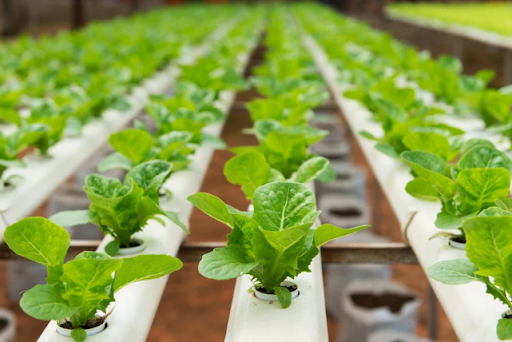
The Real Meaning of Organic: Beyond the Label
Before understanding whether hydroponic vegetables are organic, it’s essential to first grasp what “organic” means. The U.S. Department of Agriculture (USDA) regulates organic farming in the United States. To label vegetables as organic, farmers must adhere to strict guidelines prohibiting synthetic pesticides, fertilizers, and genetically modified organisms (GMOs). Organic farming practices also focus on soil health, biodiversity, and sustainable practices that promote environmental and social responsibility.
Hydroponics, on the other hand, refers to growing plants in a nutrient-rich water solution rather than soil. While hydroponic farming avoids using soil, it does not inherently follow all the requirements of organic farming. For instance, many hydroponic systems use synthetic nutrients to feed the plants, which are not allowed under USDA organic standards. Additionally, hydroponic systems often lack the soil health focus that defines organic farming practices.
Are Hydroponic Vegetables the Same as Organic?
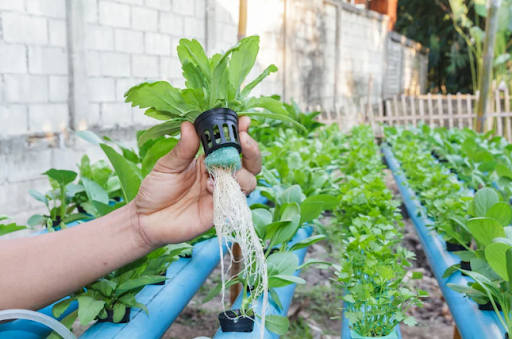
One of the primary sources of confusion is the assumption that hydroponically grown vegetables are organic simply because they are grown without soil. This misconception often stems from the environmentally friendly image of hydroponics, which is considered a more sustainable farming method than traditional agriculture. In hydroponics, crops use less water, there’s no need for pesticides, and they can be grown indoors, reducing the environmental impact.
However, the absence of soil does not automatically make hydroponic produce organic. Many hydroponic farms use synthetic nutrients that are not allowed in organic farming. Some hydroponic systems may also rely on synthetic growth regulators, pesticides, or herbicides to protect the plants. These practices differentiate hydroponics from certified organic farming, which prohibits such chemicals.
The Grey Area: Why Hydroponics and Organics Don’t Always Match
Another factor contributing to the confusion is the lack of clear definitions surrounding hydroponic farming. The USDA does not currently recognize hydroponically grown vegetables as “organic” under its certification program. According to USDA regulations, organic crops must be grown in soil. While hydroponics may be exempt from some of the limitations imposed on conventional farming, it still does not meet the criteria set out for organic certification.
Despite this, some hydroponic farms market their produce using the terms “sustainably grown” or “chemical-free,” which can create further confusion for consumers. These terms can sound very similar to “organic,” but they do not necessarily meet organic standards. As a result, shoppers concerned about their food’s quality and sustainability may unknowingly buy hydroponic produce, thinking it is organic. Don’t settle for confusion—experience the true taste of organic. Discover fresh, soil-grown vegetables that meet the highest standards!
Don’t Be Fooled: How to Identify Hydroponic Produce vs Organic
If you’re hoping to buy organic vegetables, it’s essential to know how to distinguish between hydroponic and certified organic produce. Here are a few actionable tips to help guide your purchase:
Check for USDA Organic Certification
The easiest way to ensure that your vegetables are truly organic is to look for the USDA Organic seal on the packaging. This seal confirms that the produce has been grown according to organic standards, including soil-based farming, no synthetic pesticides, and non-GMO practices. Hydroponic vegetables will not carry this seal unless they meet specific criteria, which is currently rare.
Ask Your Local Farmer or Supplier
Don’t hesitate to ask about their farming practices if you’re purchasing from a local farm or farmer’s market. Some hydroponic farms may claim to use natural or organic practices, but verifying these claims is important. An honest farmer will be transparent about how they grow their produce and whether they adhere to organic standards. Always ask if they are certified organic or follow organic practices, even if they don’t use soil.
Look for Certifications Beyond Organic
While USDA Organic certification is the gold standard for organic produce, some farmers may pursue additional certifications to demonstrate their commitment to sustainable practices. For example, some hydroponic farms may hold certifications for sustainable or eco-friendly farming methods, such as the Certified Naturally Grown (CNG) certification, which, while not USDA organic, focuses on sustainable practices similar to organic farming.
Consider the Growing Method
For those concerned about pesticide use and environmental sustainability, you can also inquire about how the vegetables are grown. Hydroponic systems that use natural, non-synthetic nutrients and eschew harmful chemicals can provide a cleaner product, but they still won’t be certified organic unless they meet USDA standards. If you’re looking for organic produce, it’s important to focus on soil-grown options that strictly follow organic practices.
Choosing Organic – The Benefits of Eating Clean, Pesticide-Free Produce
Organic vegetables offer several benefits that can directly impact your health and the environment. Organic farming practices focus on long-term soil health, avoiding chemical pesticides, and promoting biodiversity. By choosing organic produce, you’re reducing your exposure to potentially harmful chemicals and supporting a more sustainable food system. Organic farming reduces pollution, promotes healthier ecosystems, and conserves water more effectively than conventional farming.
How to Choose the Best Produce for Your Health and Sustainability
Understanding the difference between hydroponic and organic vegetables is key if you’re committed to eating clean, nutrient-dense produce. While hydroponics is an innovative method that can reduce water usage and minimize pesticide exposure, it does not currently meet the organic certification standards. If you’re focused on the benefits of organic farming, look for USDA Organic certification or ask questions about the farm’s growing practices.
Shop Organic with Confidence
When choosing the healthiest, most sustainable vegetables, there’s no substitute for certified organic produce. If you’re seeking organic vegetables grown with care and sustainability in mind, consider purchasing from a reliable source that upholds the highest standards. Organic farming supports your health and contributes to a cleaner planet.
At Summers Wellness Farm, we are committed to delivering fresh, organic produce cultivated with care and sustainability. Our growing practices prioritize your well-being and the health of the environment. When you choose our produce, you can be confident that you’re enjoying top-quality vegetables that adhere to the highest standards of organic farming. Say goodbye to confusion—choose organic with confidence. Shop sustainable, top-quality produce from Summers Wellness Farm today!
